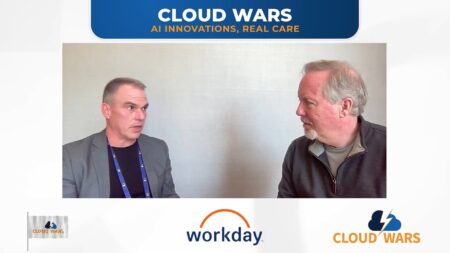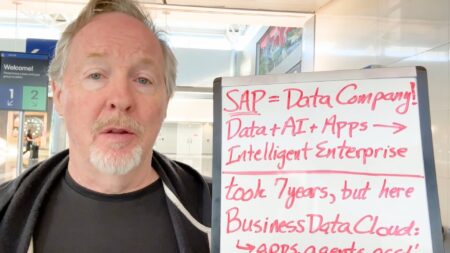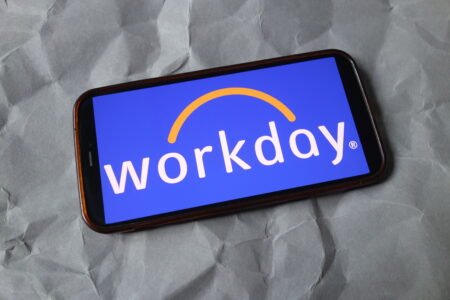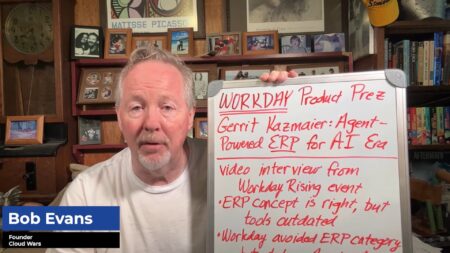Brad Haupt explains how Workday empowers caregivers with better tools and data, shifting focus from expense reduction to quality enhancement.
data
Sentinel Data Lake provides important data storage and management improvements; universal connectors facilitate integration of third-party data such as SAP, Jason Revill says.
Oracle’s new CEOs outline a bold AI-driven strategy, positioning the company’s data and infrastructure strengths to lead the next wave of enterprise transformation.
Google Cloud aims to lead in AI for business via Gemini Enterprise, promising full stack capabilities, choice, rapid deployment, affordable pricing, deep data integration, security, simplified management, and an ecosystem plus Delta team backing.
SAP’s Connect event unveiled a transformative strategy focused on AI, unified data, and personalized assistants to create a truly Intelligent Enterprise.
SAP is unifying its applications, data, and AI agents under one intelligent platform, marking a shift from product-led to data-driven enterprise innovation for better business outcomes.
Workday tools helped Monument Health manage post-pandemic disruptions and reduce back orders and delays in patient treatment.
With 48% revenue growth and a $4 billion run rate, Palantir enters the Cloud Wars Top 10, reflecting its unique software model and rising influence in the AI era.
Bonnie Tinder previews Oracle AI World and SAP Connect 2024, highlighting major trends including AI agents, industry-specific bundles, and a unified agent marketplace.
Microsoft announces the world’s most powerful AI data center in Wisconsin as Oracle, OpenAI, and SoftBank reveal plans for $400B+ AI infrastructure under the Stargate project.
The latest AI push from workflow automation titan includes agents that manage diverse functions, multivendor agent governance, and a Configure Price Quote app as part of “Autonomous CRM.”
With Larry Ellison’s bold AI vision, Oracle aims to go beyond tech solutions and foster new, profitable relationships across industries by unifying mission-critical data and cloud infrastructure.
Oracle appoints Clay Magouyrk and Mike Sicilia as co-CEOs, marking a bold pivot into AI and cloud-first leadership for its $15B applications business.
New agent performs classification of data, gives prompts to site owners to improve quality, and maintains hygiene for content and its associated metadata.
AI agents’ ability to complete transactions autonomously could upend online commerce. Google and an impressive array of finance industry partners are stepping up to enable and secure agentic transactions.
At Workday Rising, the company announced new ERP innovations and partnerships with Microsoft, Salesforce, Snowflake, and Databricks.
At Workday Rising 2025, Workday revealed its strategy to redefine ERP for the AI Era: launching agentic AI agents, expanding its data‑cloud offerings with Snowflake, introducing Flex Credits, and deepening ties with Microsoft.
Latest Copilot rollouts deliver functions specific to finance, sales, and service, while Copilot Studio is enhanced with authentication and simplified support for MCP.
Google Cloud and Revolut are expanding their partnership to enhance global fintech innovation, focusing on AI-driven fraud detection and scalable financial services.
From purchase orders to vendor approvals, many steps in common business processes can be managed without human intervention. Microsoft is making that easier to implement in Copilot Studio.




















